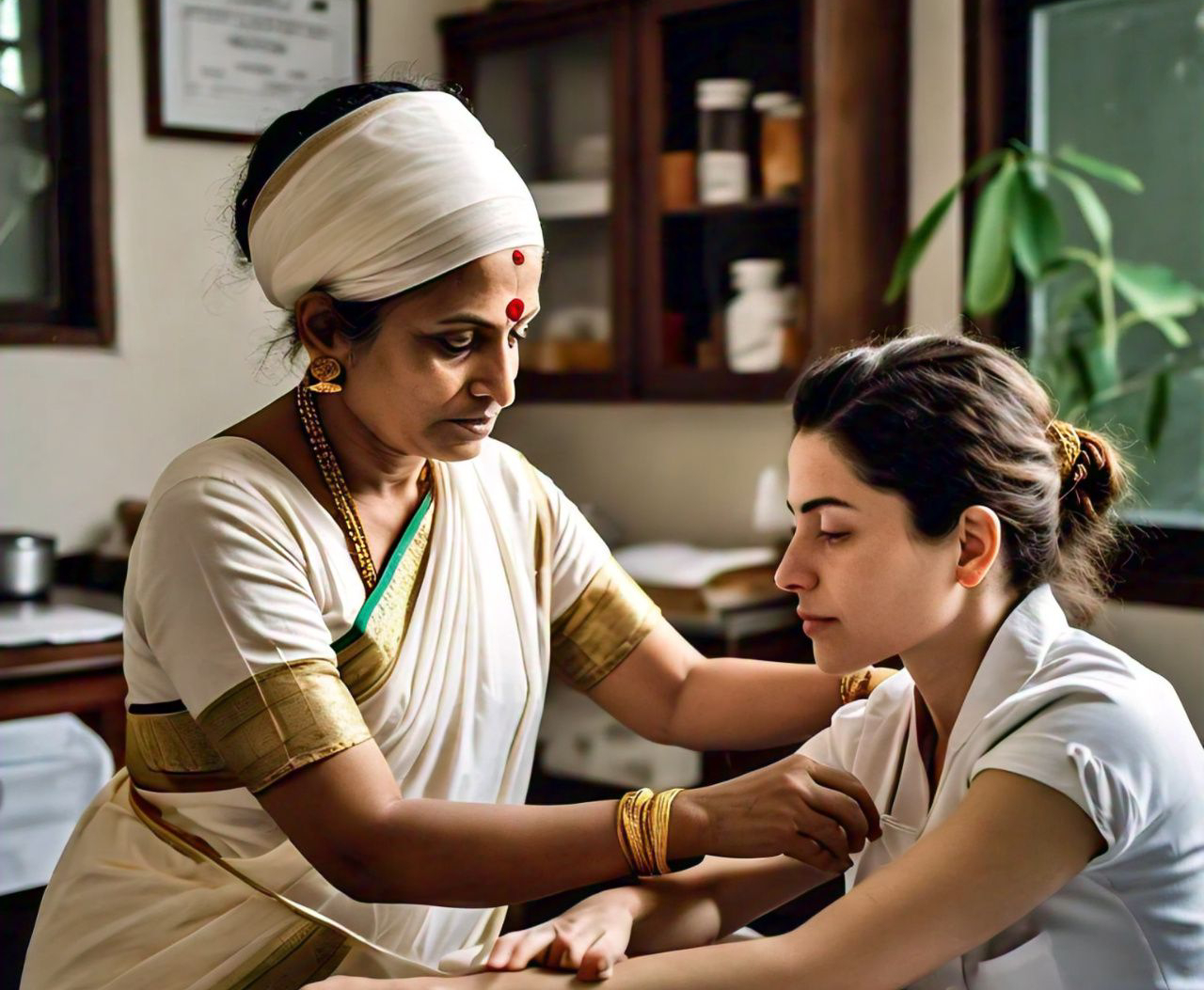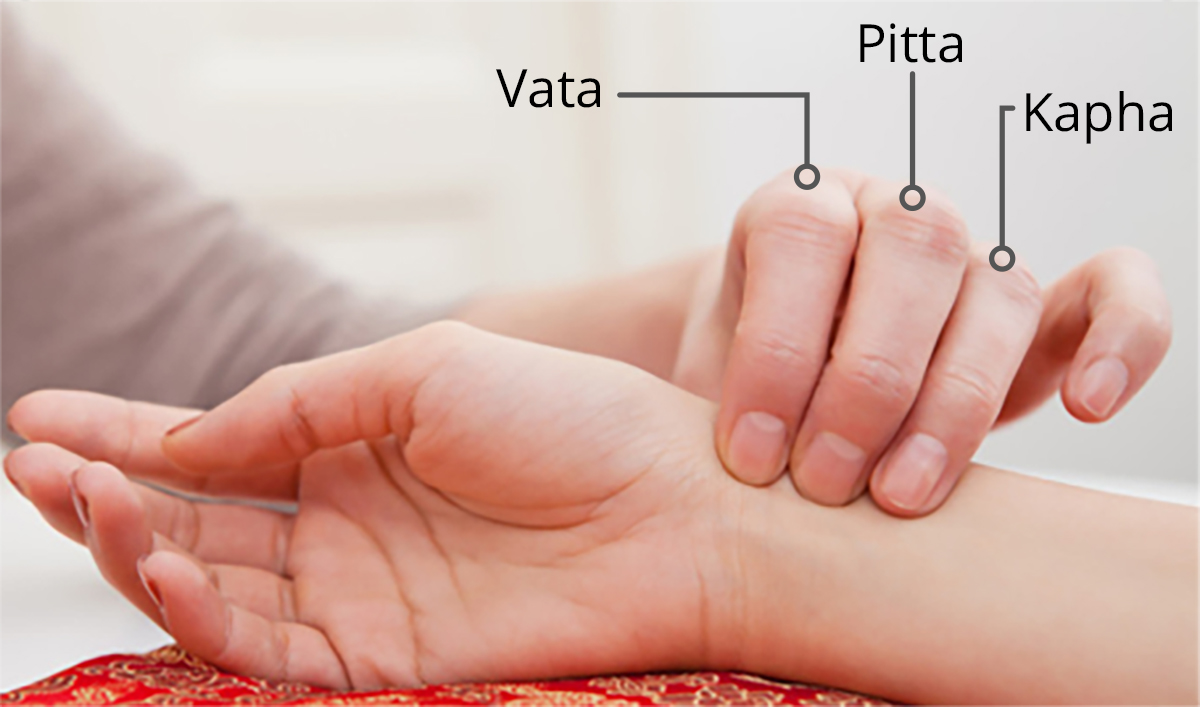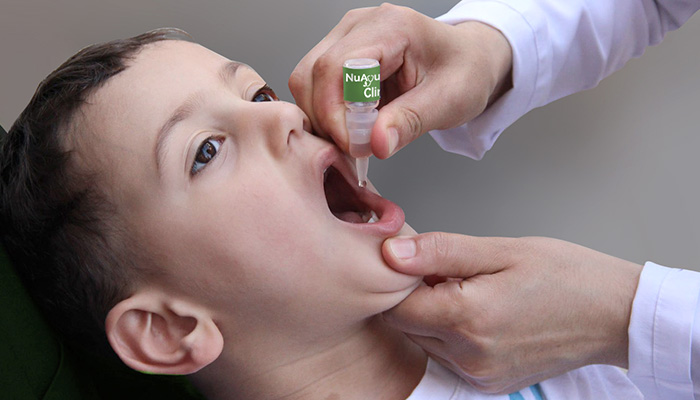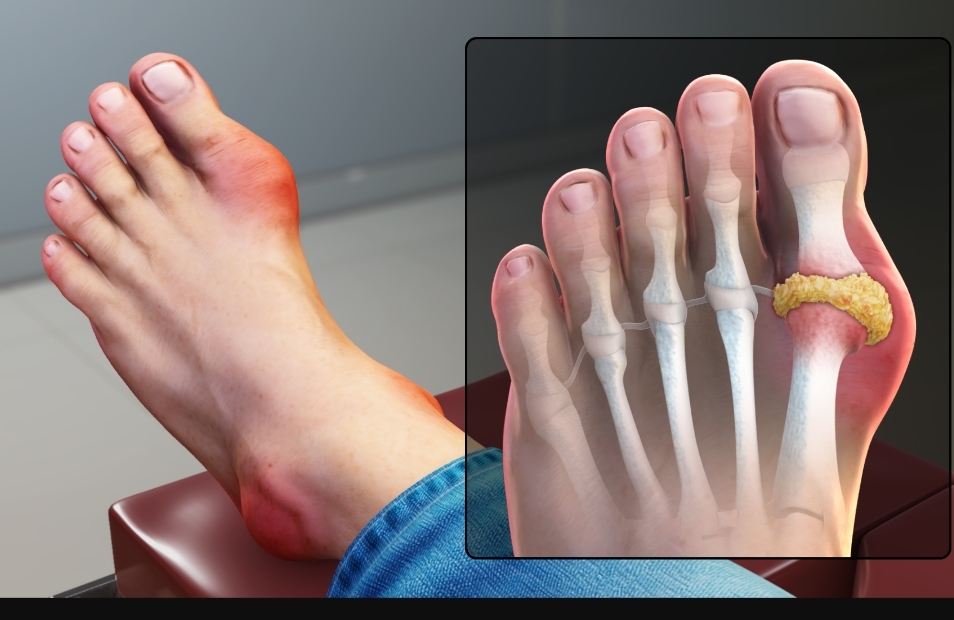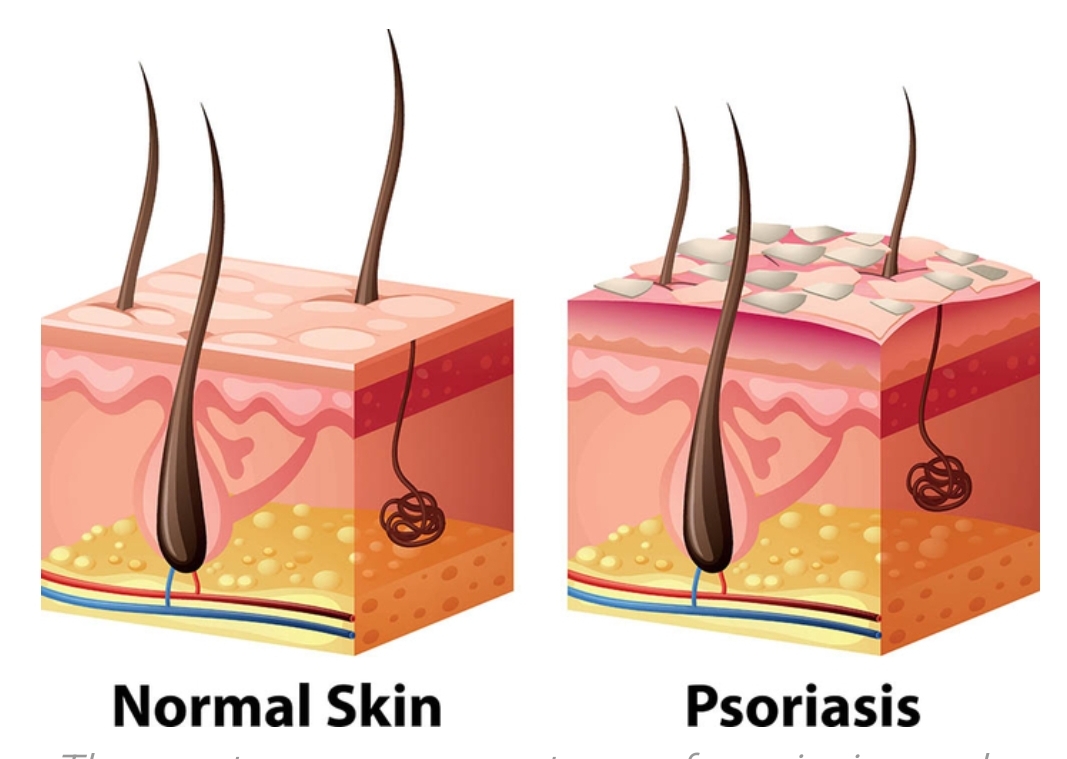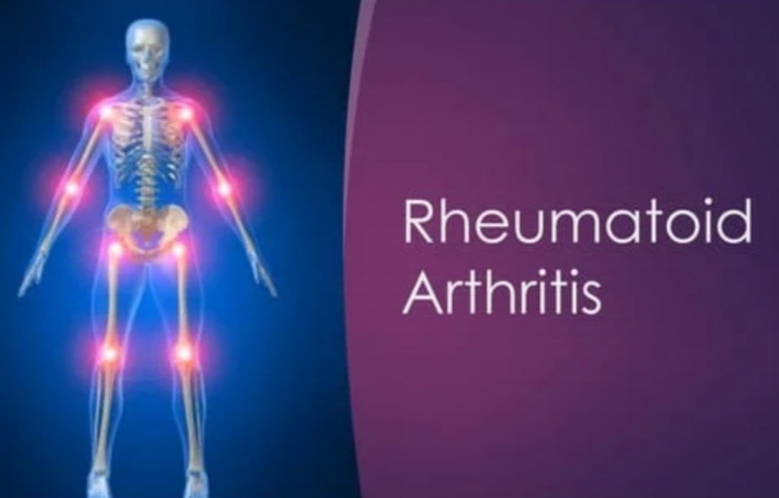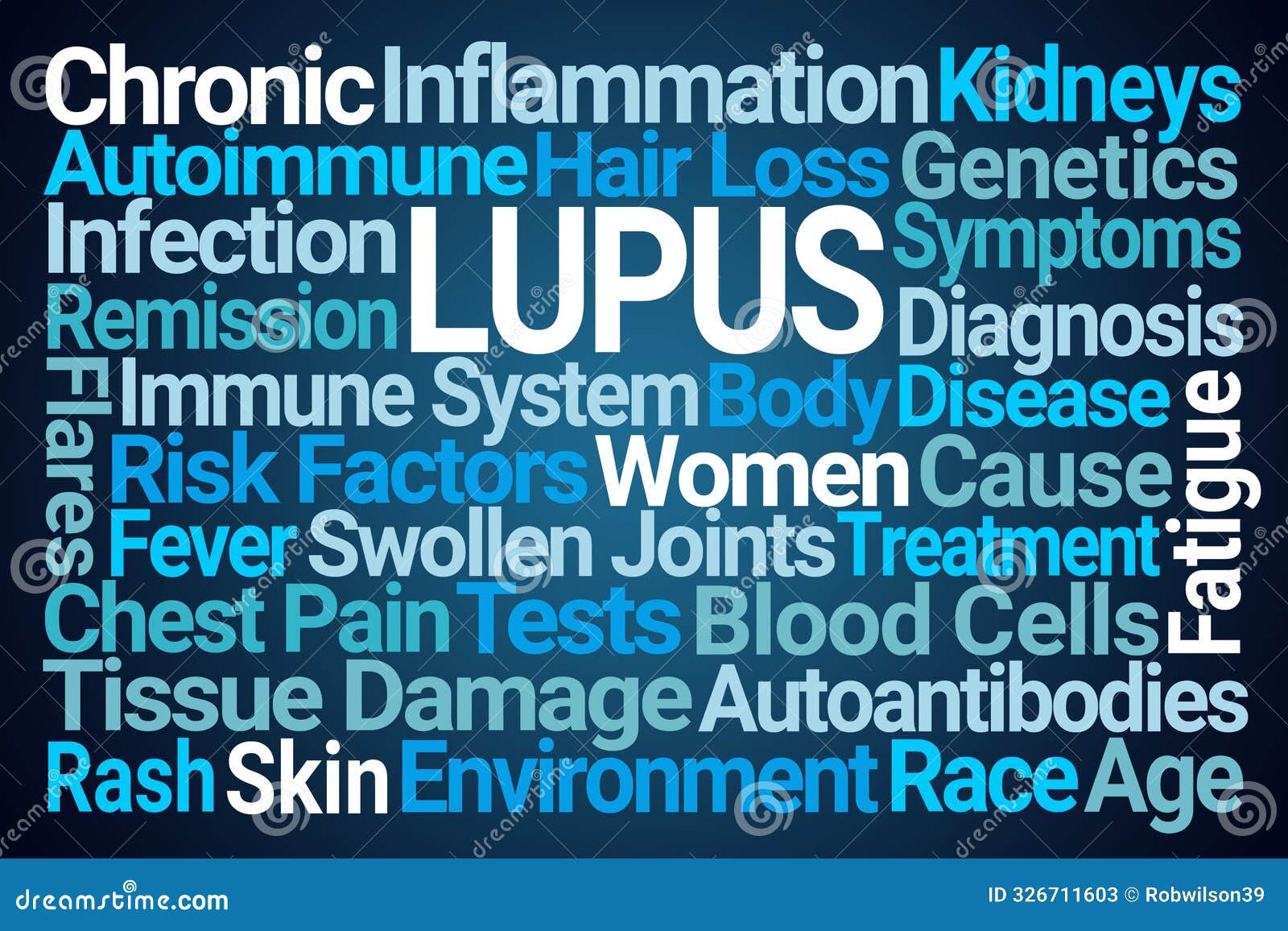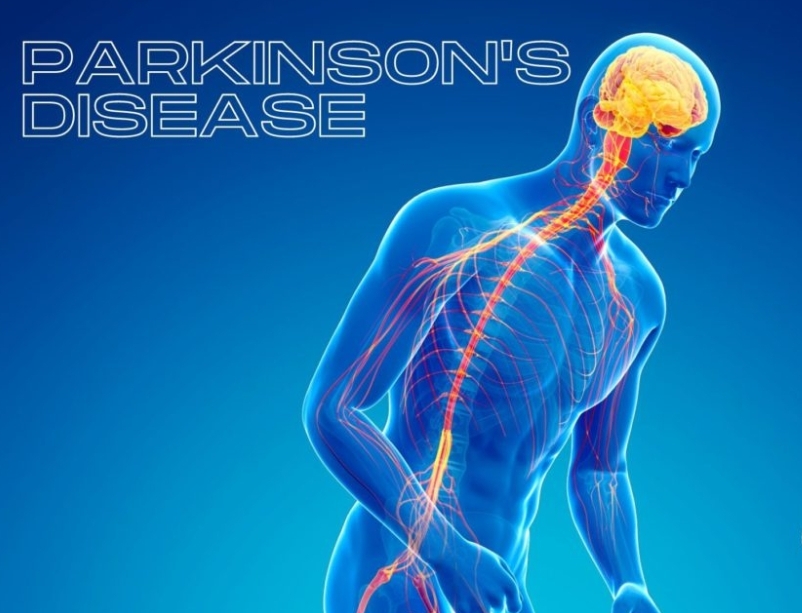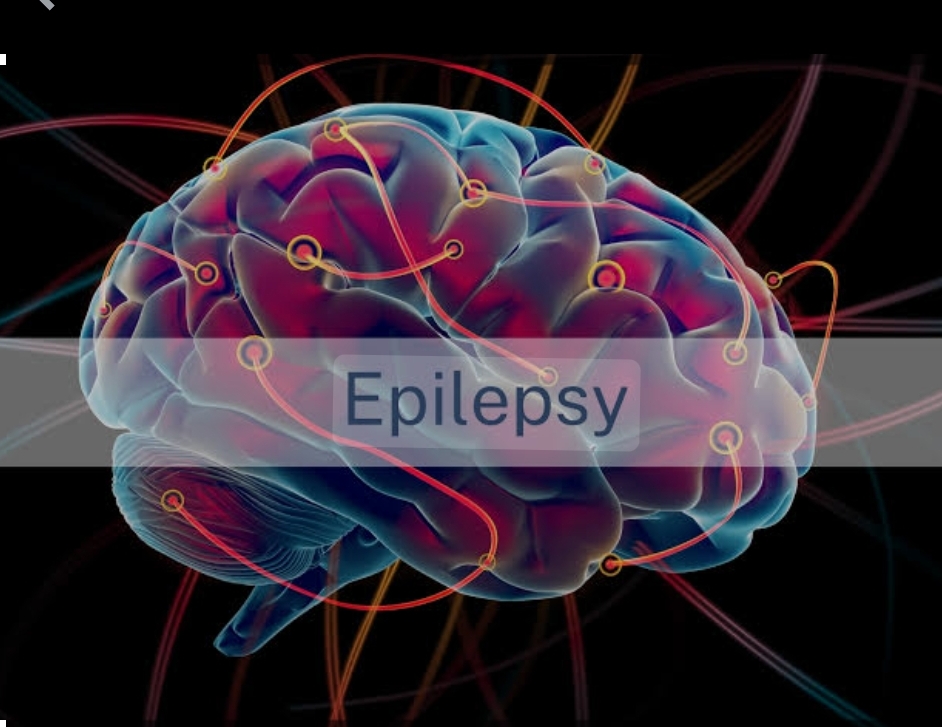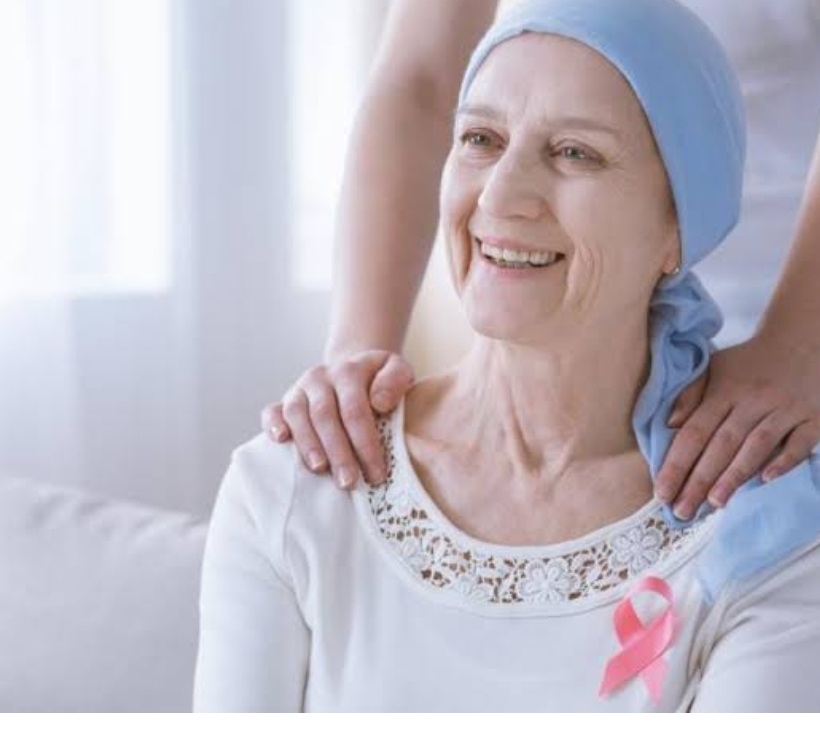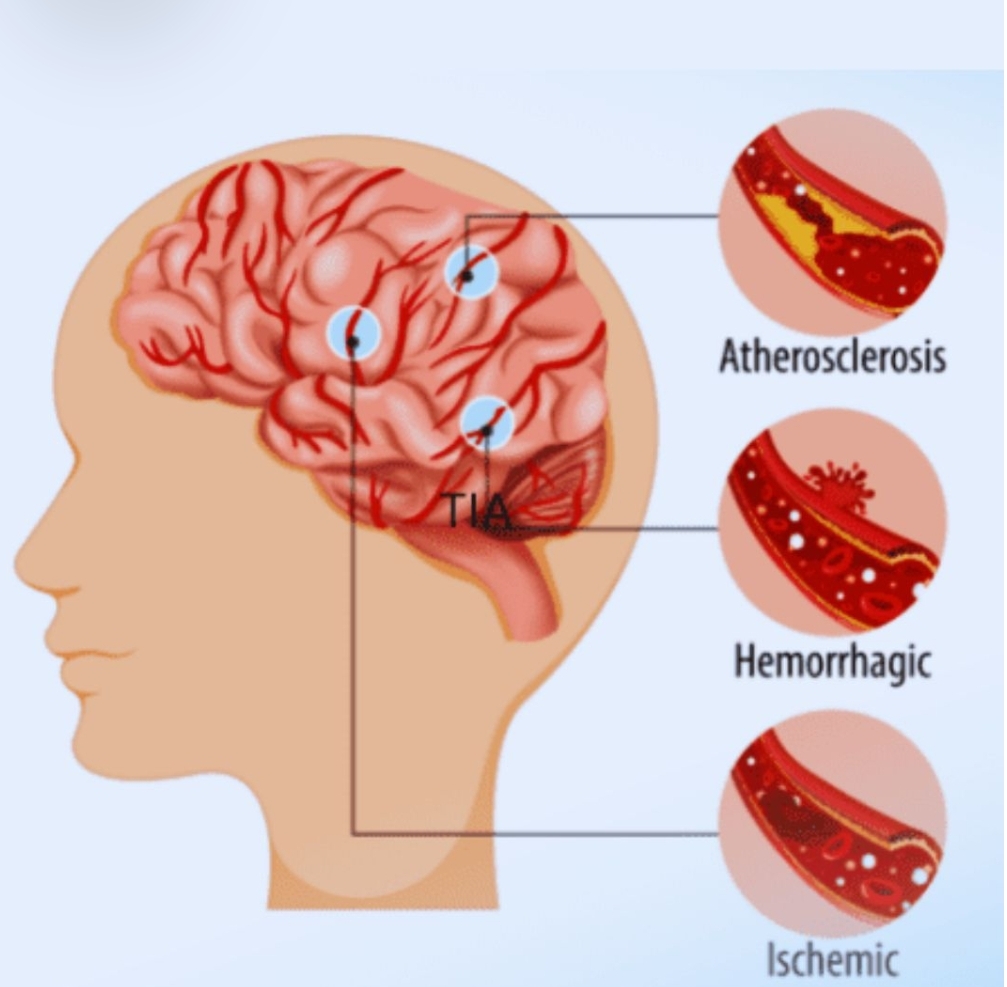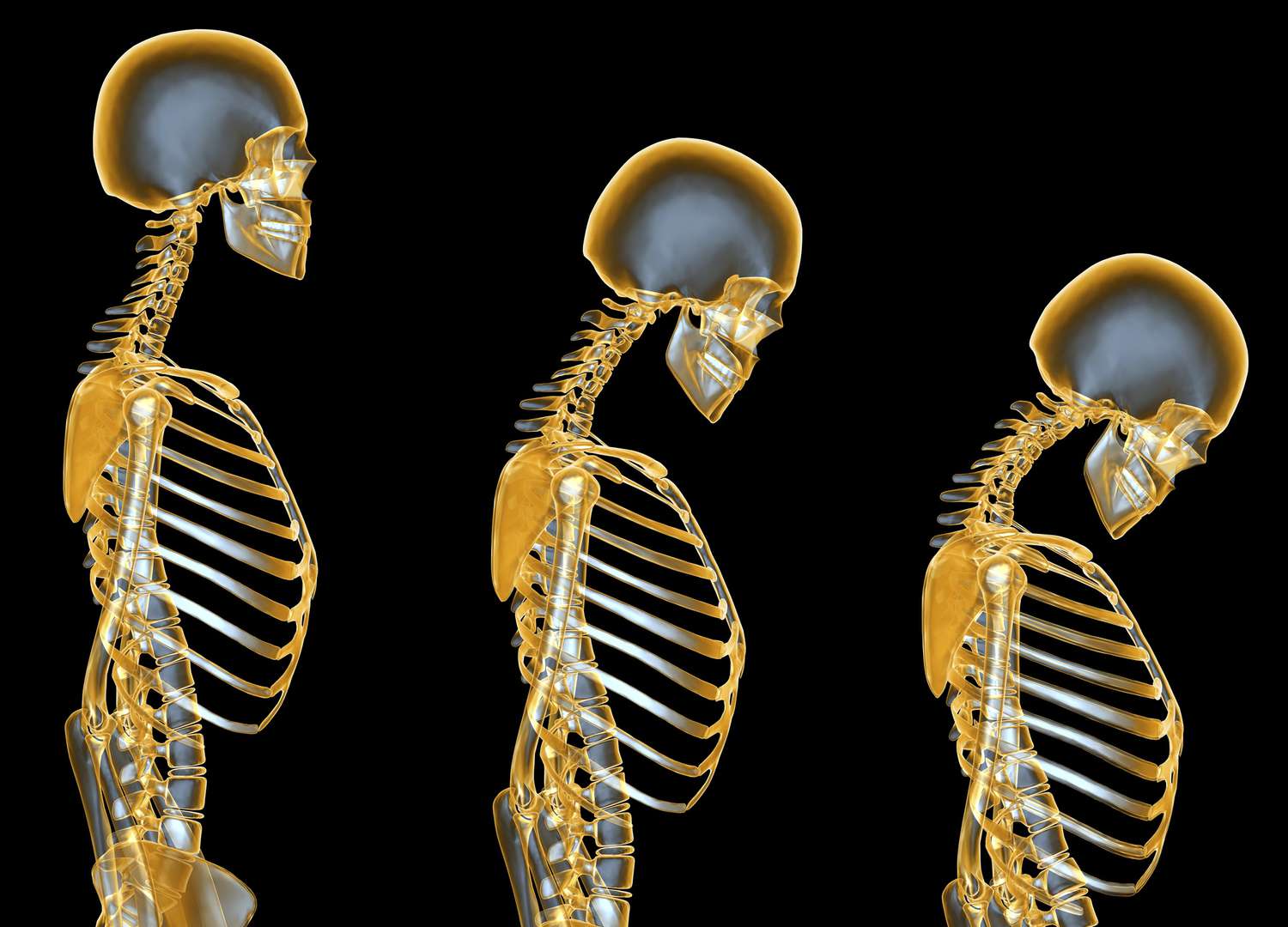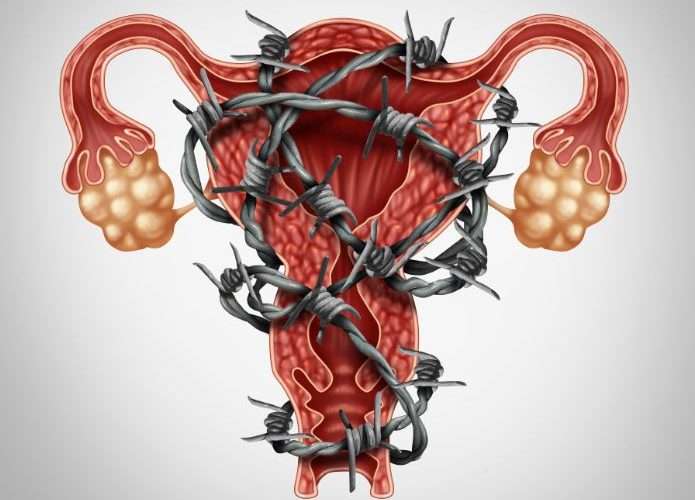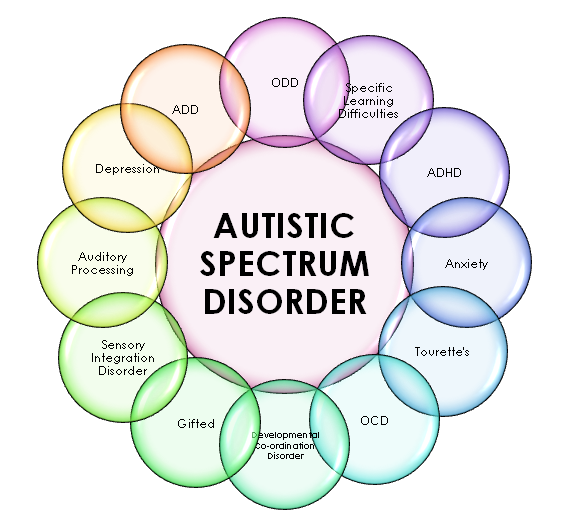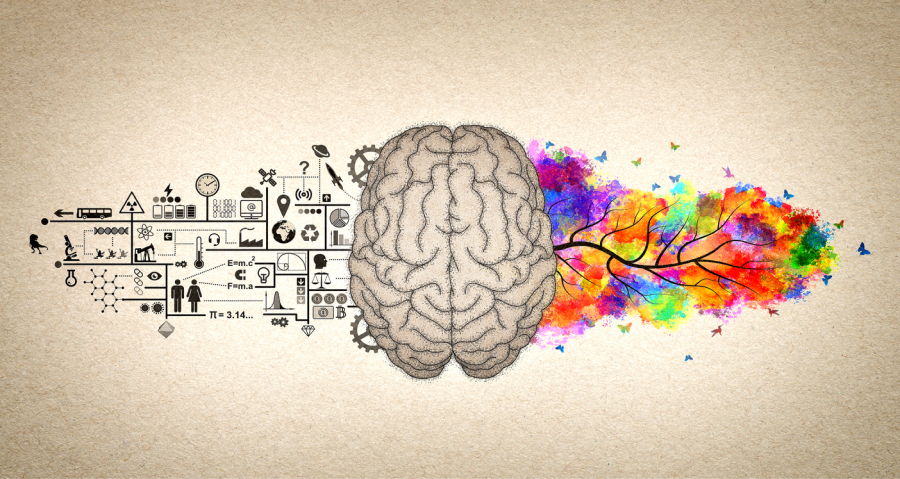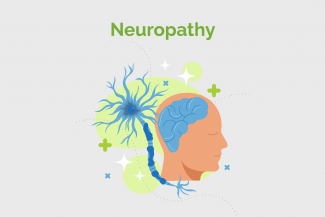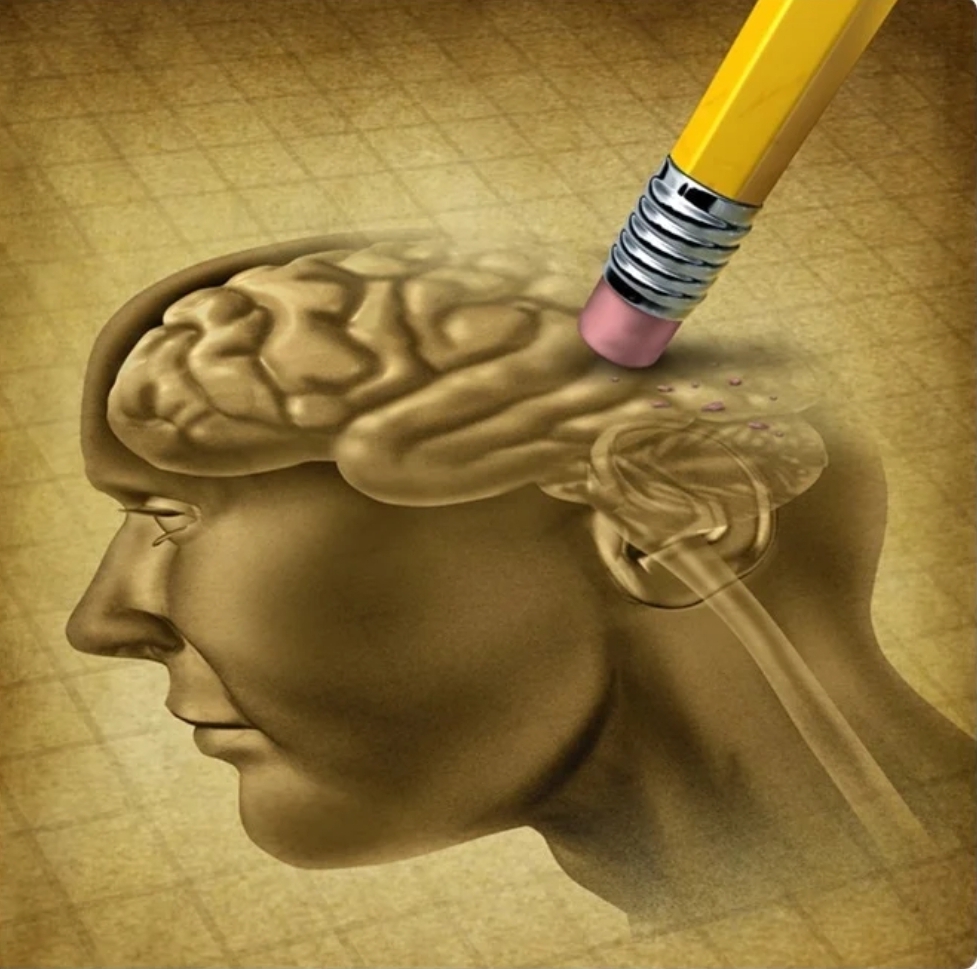
Alzheimer's Disease
Alzheimer's disease (AD) is a, progressive brain disease that slowly destroys memory and thinking skills and, eventually, the ability to carry out the simplest tasks of daily living. In most people with AD, symptoms first appear after age 60. AD is the most common cause of dementia among older people, but it is not a normal part of aging. Dementia refers to a decline in cognitive function that interferes with daily life and activities. AD starts in a region of the brain that affects recent memory, then gradually spreads to other parts of the brain. Although treatment can slow the progression of AD and help manage its symptoms in some people, currently there is no cure for this devastating disease in modern medicine.
At Gayatri's ,we do treat Alzheimer's with remarkable progress with our speciality ayurveda treatment protocols. The changes in patients behaviour and cognitive abilities are apparent even within a month of starting our treatment.
Alzheimer’s Disease Signs & Symptoms
As Alzheimer’s disease is a progressive neurodegenerative disease, symptoms are initially subtle and mild, before gradually worsening over a period of several years. The onset, progression severity and speed, as well as time to death varies significantly between affected individuals, depending on the exact cause and mechanism involved.
The symptoms of Alzheimer’s disease can be broken down into three stages:
1. Early-Stage Symptoms:
- Subtle memory loss of the most recent events e.g. forgetting a recent conversation or event, as well as repetitive questioning and the inability to select certain words in conversations
- Subtle mood changes or behavioural changes which are not normal for the individual – these can manifest as increased anxiety and confusion
- Other cognitive symptoms may include increased difficulty in making decisions and becoming more hesitant in certain things
It is important to note that misplacing items or forgetting things occasionally is a normal part of ageing – however, when this becomes routine, is often a sign of dementia.
2. Middle-Stage Symptoms:
- Worsening of memory loss which progresses to forgetting names of people close to them, as well as forgetting the faces of loved ones
- Mood changes become more profound with increased anxiousness, frustration and signs of repetitive or impulsive behaviours
- Depressive symptoms alongside anxiety – including loss of motivation
- In some cases, there may be signs of delusions and hallucinations
- Insomnia and disturbed sleep patterns are common
- The emergence of motor difficulties including aphasia (speech problems)
At this stage, activities of daily living become impaired and patients usually require some level of care and assistance, especially as the disease progresses.
3. Late-Stage Symptoms:
- All of the above symptoms become more severe, behavioural, mood, motor and cognitive – with increased distress for both the patient and caregiver
- Violence towards caregivers is not uncommon and patients can become suspicious of those around them, including loved ones
- Due to feeding issues, severe weight loss can occur in some patients
- As motor problems worsen, there may be severely impaired speech, difficulty in positioning oneself, urinary and bowel incontinence
At this stage, activities of daily living become severely impaired and patients usually require full-time care and assistance. Patients become more withdrawn from life and symptoms decline eventually leading to death.
In a lot of cases, the progression of disease course can be enhanced by other factors independent of Alzheimer’s pathology. These include infections, strokes, head injuries and delirium. Sometimes, certain medications can also worsen the symptoms of dementia.
There is much overlap between symptoms of Alzheimer’s disease and other forms of dementia. It is also common for patients with Alzheimer’s over the age of 65 to also experience symptoms and pathology of vascular dementia, which often initially manifests with more marked motor impairment.
Ayurveda view of Alzheimer’s disease:
According to Ayurveda, Alzheimer’s disease is termed “smruthi nasha”. As Alzheimer’s disease is a problem of old age where “Vata Dosha” is much aggravated. The Vata passes from the Majja Dhatu to the Mano Vaha Srotas, thereby causing disorders such as paranoia, memory loss and delusions. In Ayurveda, Alzheimer’s can result from three main factors. The factors include;
- dosha imbalance
- Imbalance of the mind
- Karmas
The mind is described to be in one of the following 3 states:
- sattva,
- rajas; or
- tamas.
A sattvic mind has the best memory and is alert, enthusiastic, courageous, stable, and intelligent. On the other hand, Rajas describes a mental state dominated by attachments and is characterised by anger, passion, greediness, constant action, excessive work, and anxiety.
The tamasic mind tends to develop delusions and is described as dull, ignorant, and slow.
Tamasic characteristics of Alzheimer’s include;
- slow cognition,
- poor memory; and
- difficulty performing tasks.
Rajasic imbalances present during frustrated outbursts and periods of agitation often termed sundowning
Related symptoms of Alzheimer’s:
- Problems with language
- Memory loss
- Loss of initiative
- Problems with abstract thinking
- Misplacing things
- Changes in personality
- Changes in mood or behaviour
Ayurvedic Treatment for Alzheimer’s at Gayatri's Ayurveda
At Gayatri's Heritage Ayurveda, treatment for all diseases including Alzheimer's follows the unique approach of finding the root cause of disease by NadiPariksha [Ayurvedic Pulse Diagonosis] to ascertain the levels of various doshas[ Vata,Pitta &Kabha] and then planning and executing a patient specefic treatment plan
- Complete Nourishment: The two variants of treatment in Ayurveda are; Apatarpana( aimed to reduce), and Santarpana( to nourish). The Santarpana treatment is being done in Alzheimer’s by using appropriate herbs.
- Removal of Causes: such as dryness, roughness, instability and high mobility in body or mind are the main causes for Vata aggravation.
- Healthy Diet and Lifestyle: What we eat thus reflects directly on our body. thus the need to properly manage diet and lifestyle is important.
External Treatments:
- Panchakarma; A special part of treatment in Ayurveda aimed at removing toxins from the body and servicing it for a better efficacy. Vamana, Virechana, Basti, Nasya is advised
- Ayurveda therapies such as Rasayana therapies, Shiro Basti, Shiro Dhara, Shiro Pichu, Abhyanga are commonly prescribed for Alzheimer’s patients.
- At Gayatri's the most effective treatment in Alzhimer's is found to be Anuvasana Vasthi and Niruha Vasti with appropriate medicines
Internal medications
- At Gayatri's we Include medicines to prevent degeneration and strengthening of the brain. Such treatments for Alzheimer’s comprises the use of Ghritams[medicated ghee} Kashayams and Gulikas, which acts upon the major dhatu and mano vaha srotas. Herbs such as brahmi (Bacopa monnieri), Vacha (Acorus calamus), Ashwagandha (Withania somnifera), etc. are some among many used in these medicines
Marma Chikitsa for Alzheimers
Gayatri's Heritage Ayurveda proudly carries forward the ancient tradition of Marma Chikitsa, a precise and holistic healing art passed down through generations of esteemed Ayurvedic practitioners.
What is Marma Chikitsa?
Marma Chikitsa is an unique and ancient Ayurvedic therapy that focuses on revitalizing and balancing the body's energy by stimulating specific vital points, known as "Marma points."
What are Marma points?
Marma points are 107 vital areas on the body where muscles, bones, tendons, and vessels converge. These points are considered sensitive and vulnerable, as they are connected to the body's energy pathways (Nadis) and vital organs.
Marma Chikitsa coupled with treatments and medications is indeed a powerful combination in effectively managing Alzheimers. We train spouses or close relatives of Patients, to perform Marma Chikitsa for few minutes on a day to day basis ,so that effective curing happens at the comfort and convienience of thier homes even after leaving hospital.
Activities and Lifestyle:
- Specific Yoga Asanas, Pranayamas,SudarsanaKriya (breathing techniques), Meditation
- Food and lifestyle changes: Foods that promote rajas and tamas mind states should be avoided. Foods that cause a dull state of mind have low amounts of prana (life energy) inside. These include overripe, overcooked, highly processed, frozen, and refined foods. Also, it’s good to have it in mind that a living a healthy lifestyle is worth emulating.
- Ayurvedic approach to AD gives the best results.compared to other treatment protocols.



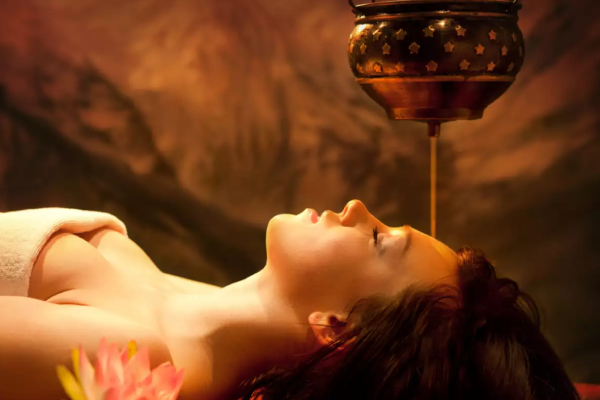


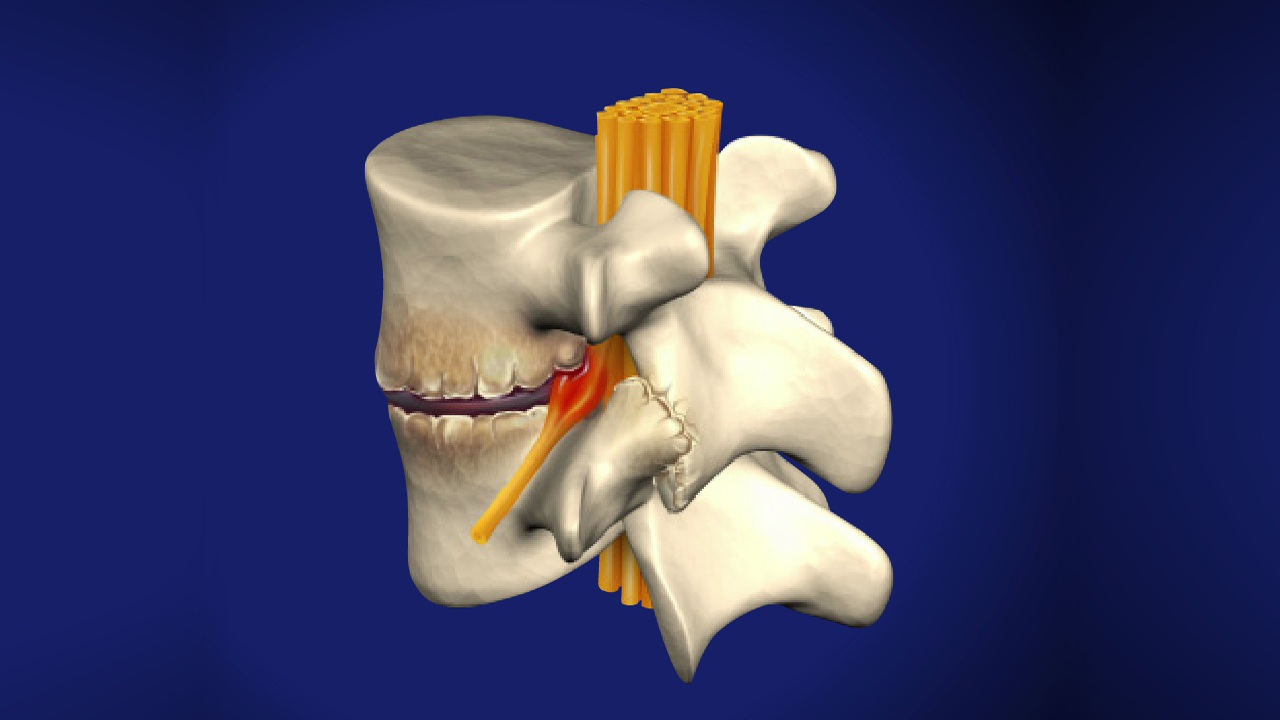
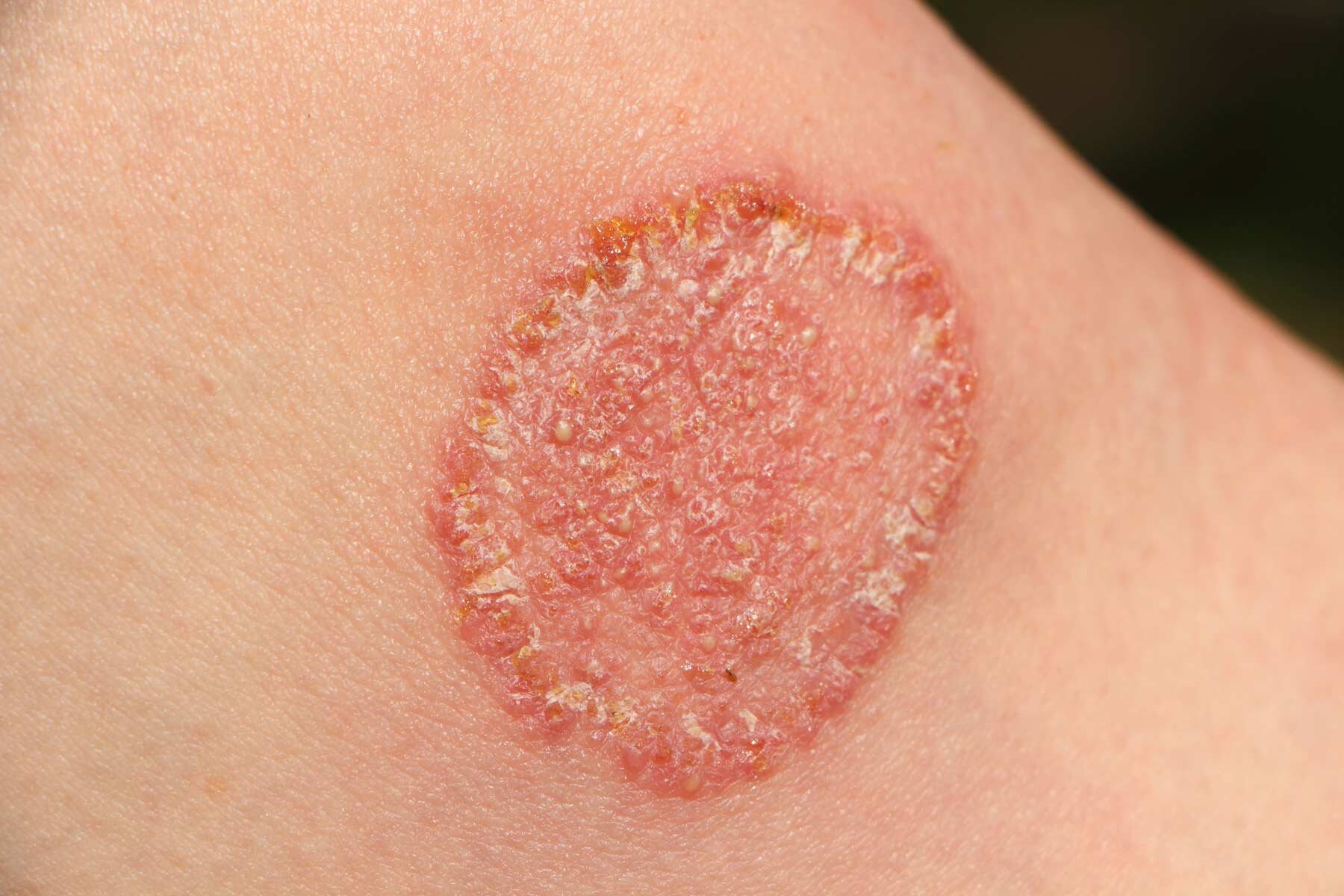
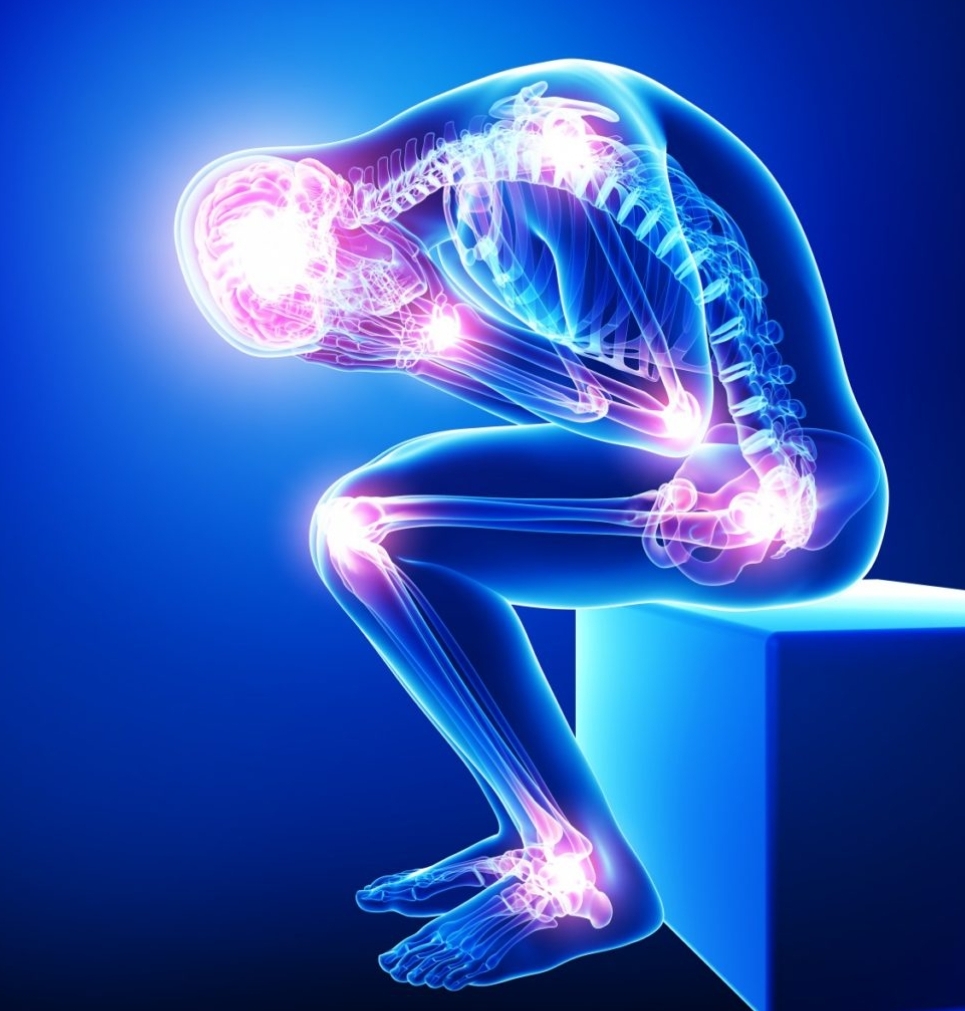
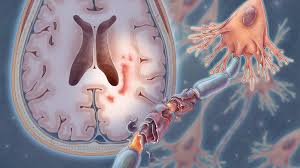



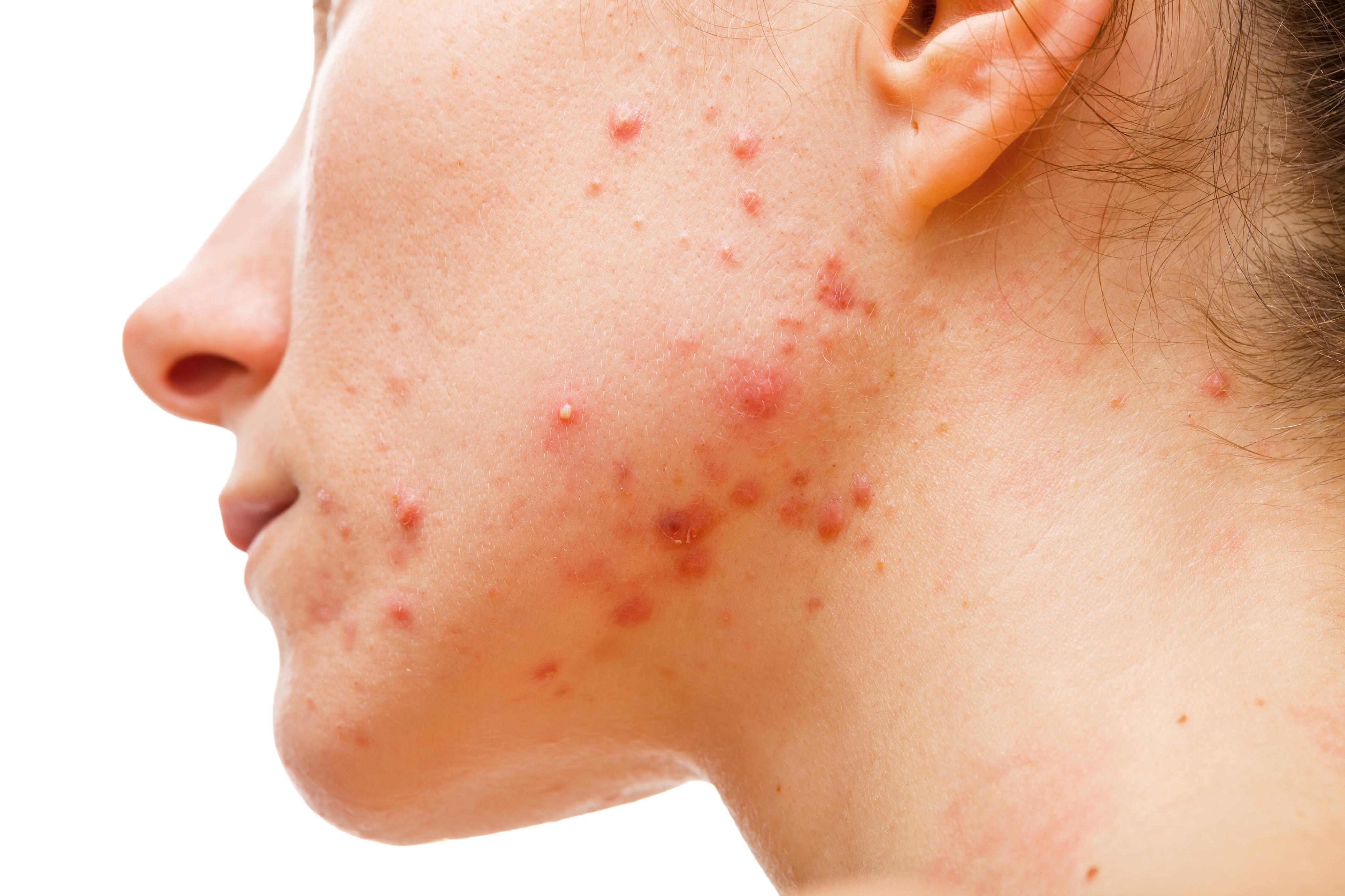
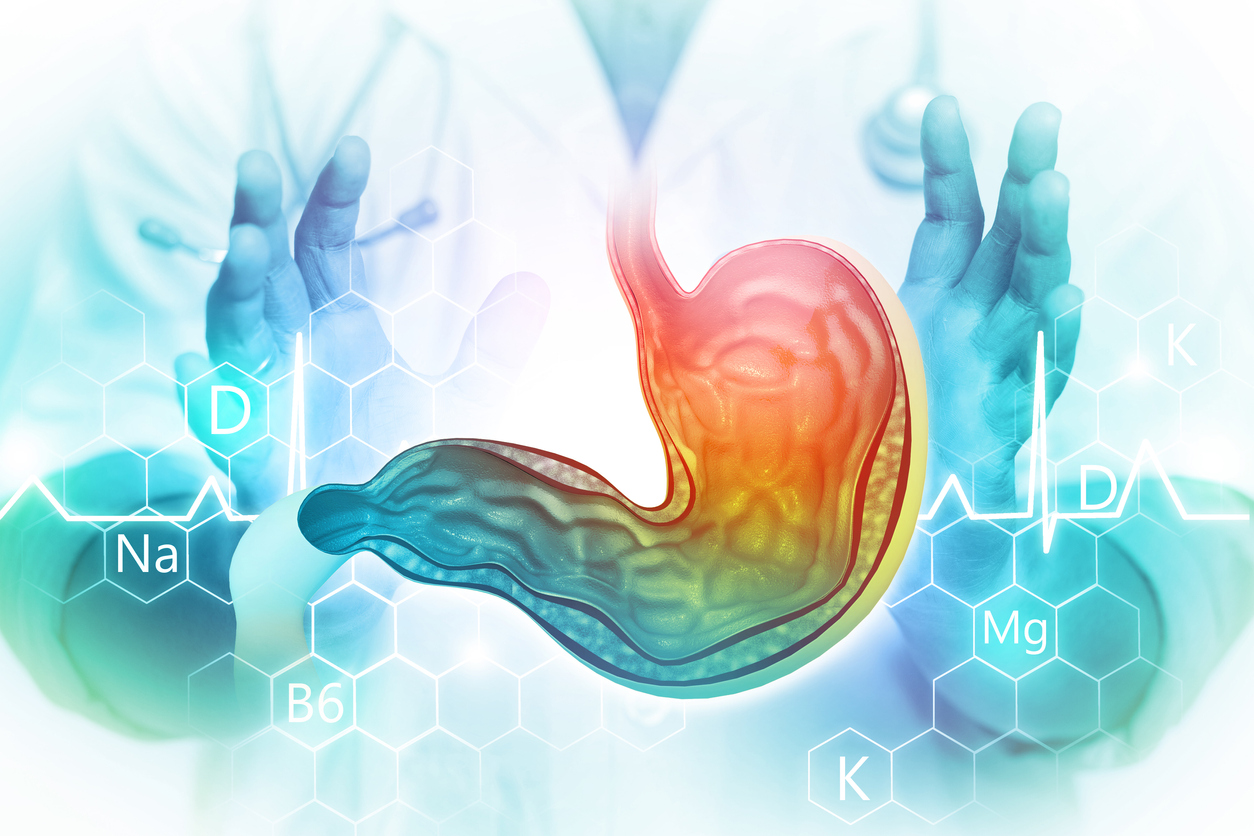
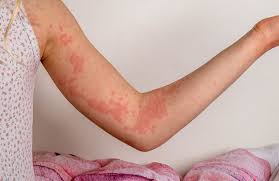
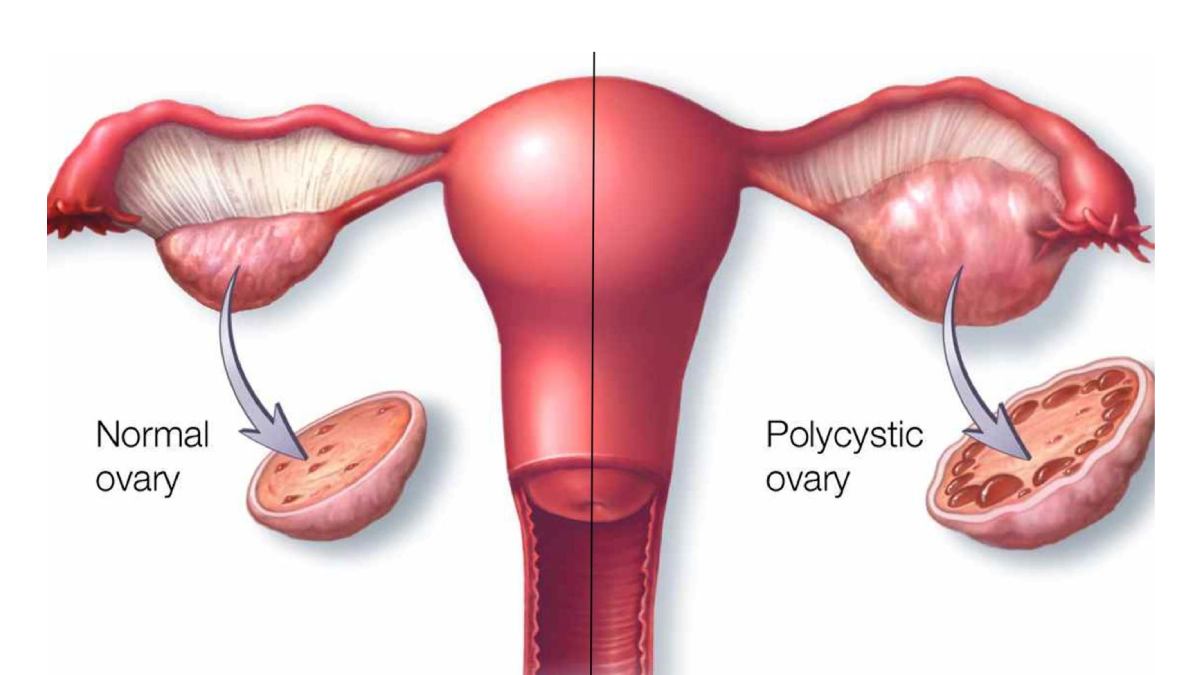
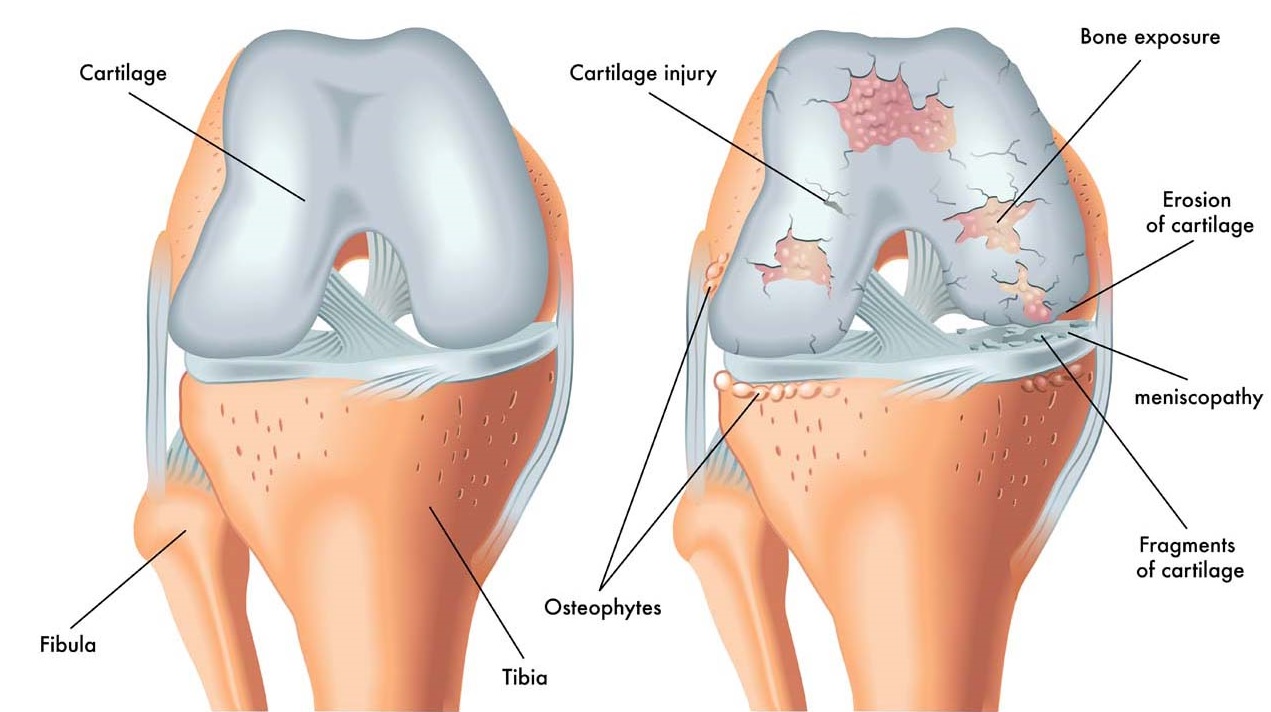
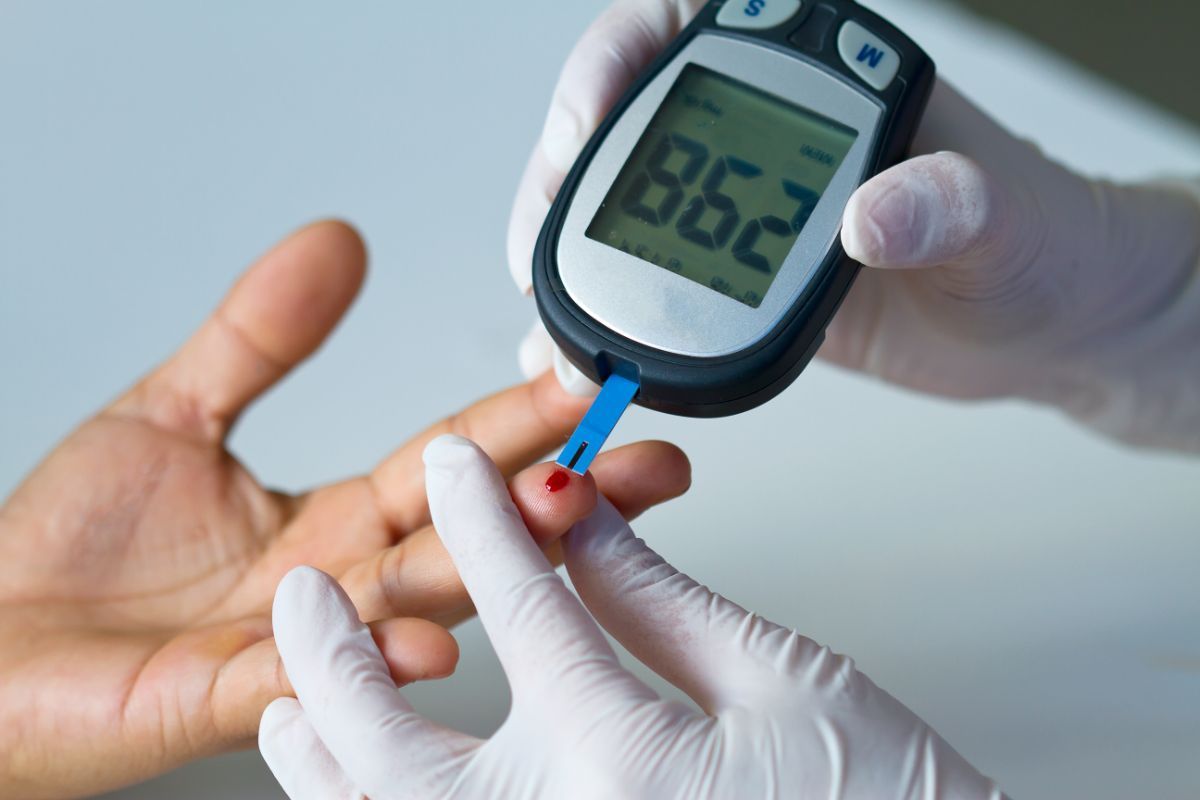
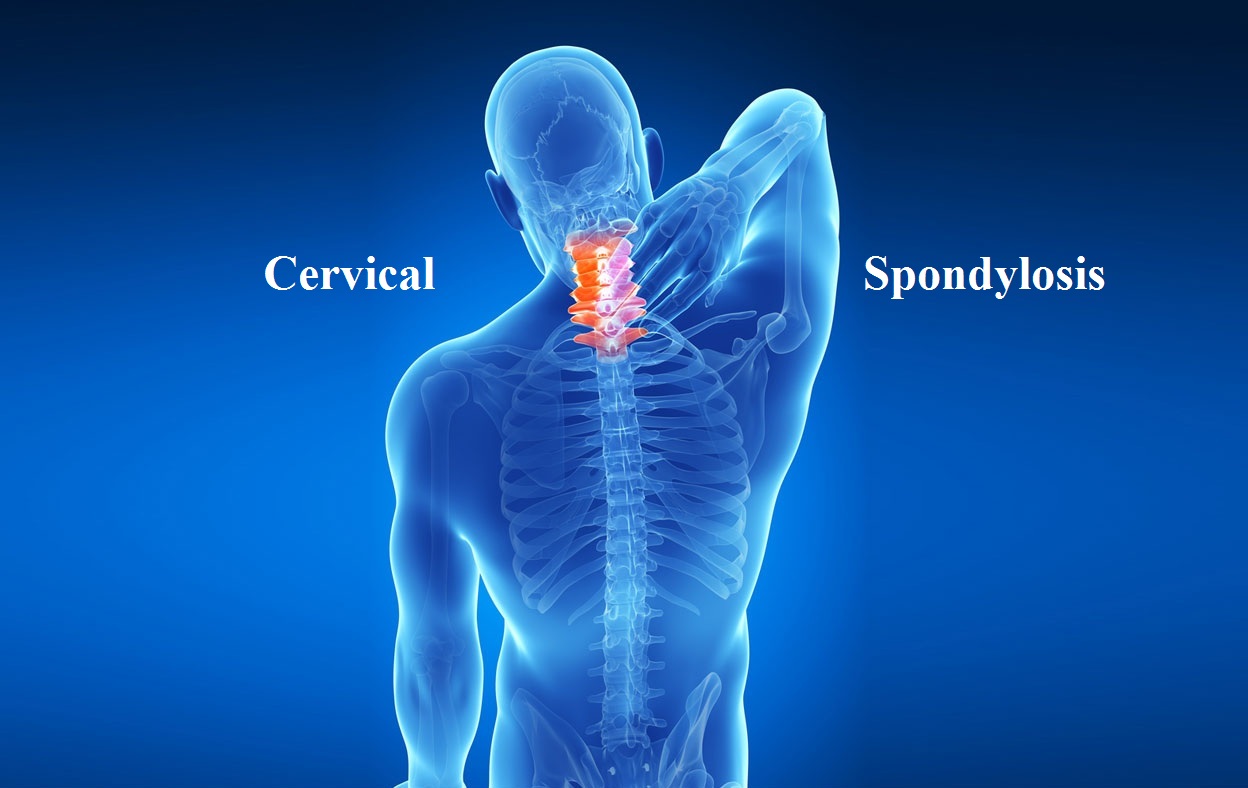
.jpg)
